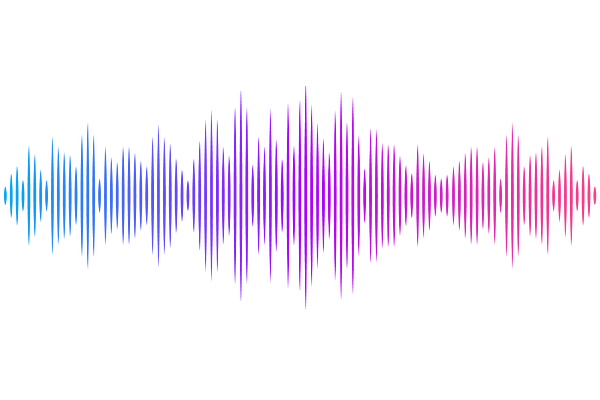Surviving Medical School During a Pandemic: Experiences of New York Medical Students During the Height of SARS-CoV-2

Surviving Medical School During a Pandemic: Experiences of New York Medical Students During the Height of SARS-CoV-2
Knight, L. M.; Seth, D.; Zuckerman, D. A.; Rogers, E. J.; Talukdar, Z.; Ran, D.; Holloway, R. G.; Gomez, C.; Henshaw, M. P.; Privitera, M. R.; Dowling, F.
AbstractBackground: The COVID-19 pandemic dramatically altered the landscape of medical education. While patients overwhelmed hospital systems, lockdowns and social distancing recommendations took priority, and medical education was pushed online. Early in 2020, New York State (NYS) was hit especially hard by COVID-19. Objective: This study sought to understand the effect of the COVID-19 pandemic on medical students well-being and education. Methods: NYS medical students responded to a six-question survey during April and May 2020. Questions assessed self-reported changes in stress levels, academic performance, and board preparation efforts. Open-ended data was analyzed using a modified grounded theory approach. Results: 488 responses across 11 medical schools were included (response rate of 5.8%). Major themes included: standardized test-related stressors (23%), study-related changes (19%), education and training concerns (17%), financial stressors (12%), and additional family obligations (12%). Second year students reported more stress/anxiety than students in other years (95.9%, p-value< 0.00001). Reported stress/anxiety, effects on exam preparation, and anticipated academic effect varied by geographics. Conclusions: While all NYS medical students reported being greatly affected, those closest to the NY City pandemic epi-center and closest to taking the Step 1 exam were the most distressed. Lack of flexibility of the medical education system during this public health emergency contributed to worsened student well-being. It is time to make plans for supporting the long-term mental health needs of these physicians-in-training and to examine ways the academic medical community can better adapt to the needs of students affected by a large public health emergency in the future.